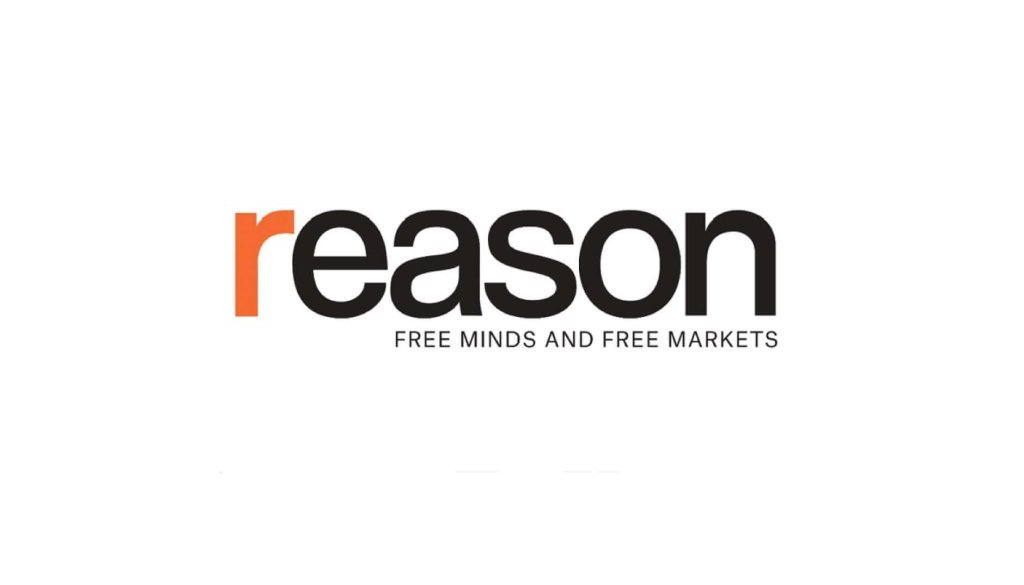Feds Use ‘Border Security’ To Justify Social Media Surveillance
With immigration a major concern that helped decide at least some voters’ ballot choices, vetting those who enter the country, or who sponsor entry, is on the minds of many Americans fearful that the wrong people are getting in. But if you ask government officials to do something, you must know that they’ll take the ball and run. In the case of “vetting”—performing background checks to make sure travelers, would-be immigrants, and their sponsors aren’t terrorists or criminal—you end up with a surveillance system that targets those entering the country and, inevitably, their American friends and contacts.
Turning Fear Into a Surveillance Program
“Despite rebranding a federal program that surveils the social media activities of immigrants and foreign visitors to a more benign name, the government agreed to spend more than $100 million to continue monitoring people’s online activities,” reports Aaron Mackey of the Electronic Frontier Foundation (EFF).
The issue started early in the first Trump administration, when the incoming president responded to immigration concerns by building on earlier border policies with calls for “extreme vetting.”
“In order to protect Americans, the United States must ensure that those admitted to this country do not bear hostile attitudes toward it and its founding principles,” President Trump noted in a January 27, 2017 executive order calling for a tougher screening process. “The United States cannot, and should not, admit those who do not support the Constitution, or those who would place violent ideologies over American law.”
Security is a legitimate concern. But as the Cato Institute’s David J. Bier pointed out in 2018, even by the most generous (to federal officials’) assumptions, “only 13 people — 2 percent of the 531 individuals convicted of terrorism offenses or killed while committing an offense since 9/11 — entered due to a vetting failure in the post‑9/11 security system.”
The program quickly became more than a demand for documentation from migrants’ and visitors’ home countries; the U.S. government wanted access to people’s online lives, especially their social media accounts, to continuously monitor their statements and opinions. Private contractors seeking to participate in the program were expected to “analyze and apply techniques to exploit publicly available information, such as media, blogs, public hearings, conferences, academic websites, social media websites such as Twitter, Facebook, and Linkedln, radio, television, press, geospatial sources, internet sites, and specialized publications.” The monitoring soon applied to millions of people entering legally (those crossing the border without documentation are another matter and a bigger headache).
Sa
Article from Reason.com

The Reason Magazine website is a go-to destination for libertarians seeking cogent analysis, investigative reporting, and thought-provoking commentary. Championing the principles of individual freedom, limited government, and free markets, the site offers a diverse range of articles, videos, and podcasts that challenge conventional wisdom and advocate for libertarian solutions. Whether you’re interested in politics, culture, or technology, Reason provides a unique lens that prioritizes liberty and rational discourse. It’s an essential resource for those who value critical thinking and nuanced debate in the pursuit of a freer society.




